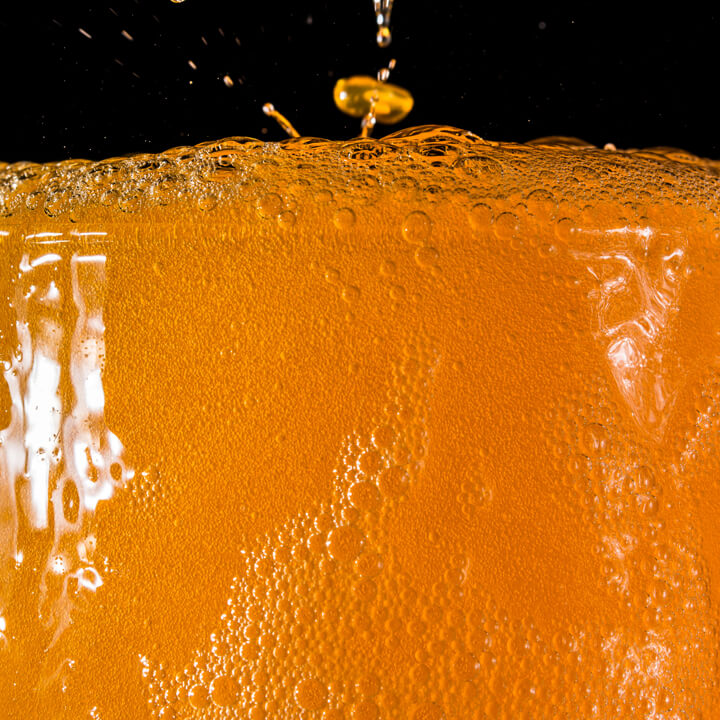Major soft drinks manufacturers tackling plastics and packaging
4th November 2019
 The soft drinks industry is worth £7.7 billion a year for the British economy [1]. As sustainability and environmental considerations, such as greenhouse gas emissions and plastic packaging rise up the social and board-room agenda, the industry has come under fire for its use of plastics in bottles and packaging.
The soft drinks industry is worth £7.7 billion a year for the British economy [1]. As sustainability and environmental considerations, such as greenhouse gas emissions and plastic packaging rise up the social and board-room agenda, the industry has come under fire for its use of plastics in bottles and packaging.
While the British Soft Drinks Association has indicated the industry’s intent to be proactive and improve the use of recycled materials, some of the biggest names in the industry are working on ways to improve recycling, improve resource efficiency and the reduce environmental impact of their products.
Innovative recycling technologies
Lucozade Ribena Suntory (LRS) is leading the way in the soft drinks industry’s efforts to reduce the use of plastic in manufacturing and improve the use of recyclable materials. The drinks manufacturer has set itself an ambitious target of achieving 100% recyclable packaging within the next decade and to use 50% recycled content by 2025. This is part of LRS’s wider initiative to move towards using only “sustainable plastic bottles”.
The company recently made a statement that by 2030 it:
“will aim to use plastic that has been previously used or biosourced (plant-based) to reach its 100% sustainable plastic packaging target.”
Peter Harding, CEO of LRS’s parent company Suntory Beverage and Food Europe, commented that the company’s priorities are: “limiting our impact on natural resources, eliminating waste, and reducing our carbon footprint.” And that “The changes and innovations we are making are massive – they are set to remove thousands of tonnes of new plastic made from fossil fuel from our manufacturing operations every year.”
To achieve this ambitious goal LRS plans to invest in new technologies as well as using established mechanical recycling processes. LRS also plans to implement a bottle redesign across its core drinks range to enable automated sorting machines in UK recycling centres to identify better packaging.
Government consultations
Earlier in 2019 Government ran a consultation [2] on the introduction of a plastic packaging tax to take effect from April 2022, which will encourage greater use of recycled plastic and help to tackle plastic waste. The tax will complement reformed Packaging Producer Responsibility regulations, which were considered in a separate consultation [3]. These reforms will encourage the design and use of plastic packaging that is easier to recycle, and discourage the creation of plastic packaging which is difficult to recycle. Government believes that, together, the tax and Packaging Producer Responsibility regulations will provide business with the right incentives to recognise the impact of their plastic packaging decisions and drive the development of more sustainable packaging.
WM Comment
Sustainability and other Environmental, Social and Governance (ESG) measures are an increasingly important consideration for our Food & Beverage and other manufacturing clients as they start to play a bigger role in consumers’ buying decisions. Whether it is focused on tackling plastics, reducing carbon emissions or sourcing clean energy solutions, sustainability is no longer just a nice-to-have. There is growing recognition that sustainability can add value to a business in many ways such as brand image and reputation; attracting and retaining customers; employee engagement, attraction and retention; cost savings through resource efficiency; resilience and preparedness for carbon reduction targets; and improved regulatory compliance.
At Walker Morris we have expertise in advising clients in the food and drink and other manufacturing sectors on a wide range of energy efficiency, carbon-reduction and sustainability projects – both from the commercial and the regulatory perspective – to help clients meet their sustainability goals while creating long-term value in their business.
__________
[1] https://www.britishsoftdrinks.com/Soft-Drinks-Sustainability-Roadmap
[2] https://www.gov.uk/government/consultations/plastic-packaging-tax?utm_source=27592944-d03c-459c-b5d0-52487d499d2a&utm_medium=email&utm_campaign=govuk-notifications&utm_content=immediate
[3] https://www.gov.uk/government/consultations/packaging-waste-changing-the-uk-producer-responsibility-system-for-packaging-waste?utm_source=0305ea6e-2e8e-4d2e-9cbf-4ab97ec1c628&utm_medium=email&utm_campaign=govuk-notifications&utm_content=immediate





